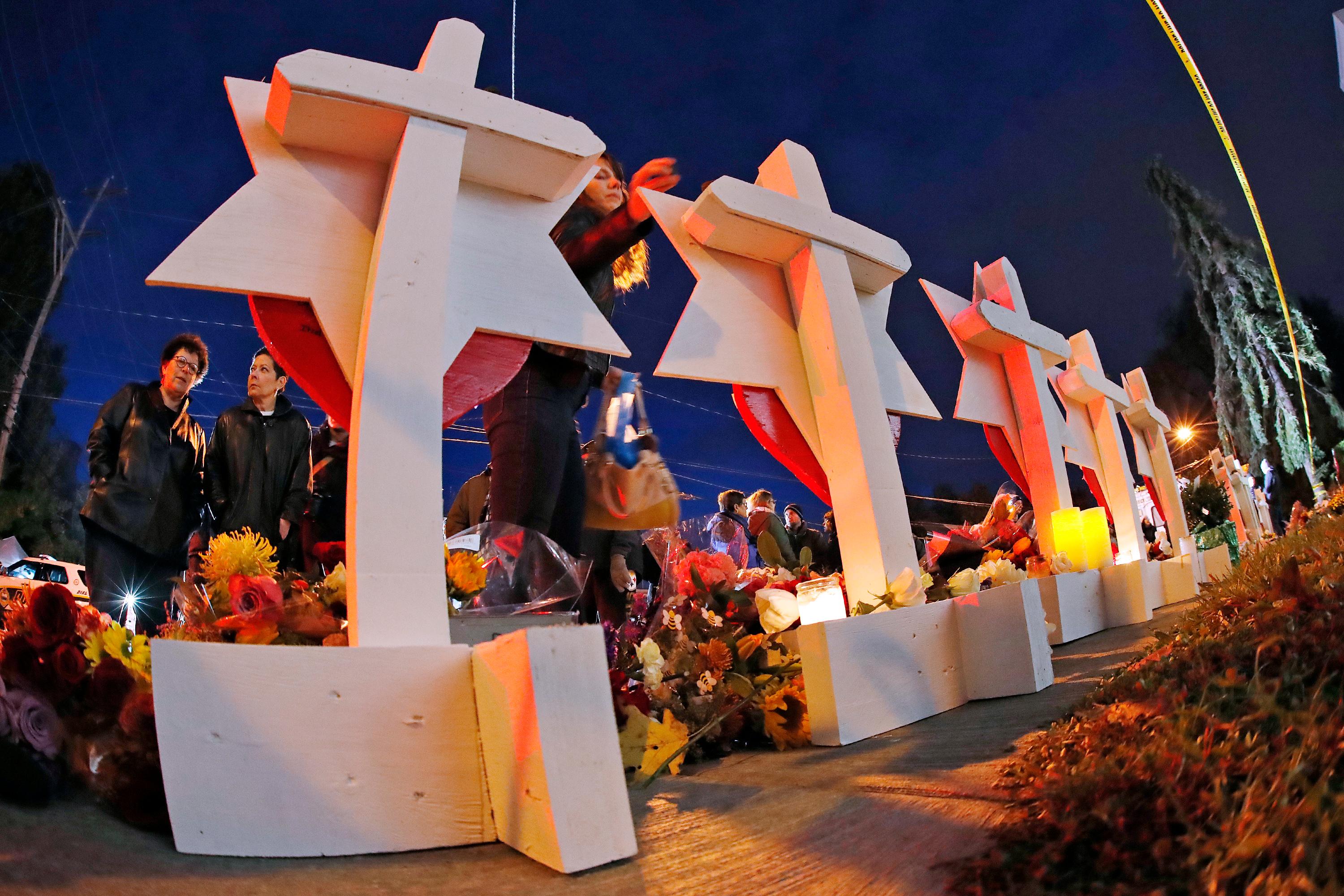
A new report from the Colorado Division of Homeland Security and Emergency Management shows reported hate crimes in the state are again on the rise after declining from 2016 to 2017.
The state reported 185 cases of hate crimes in 2018, almost doubling the 96 cases in 2017.
Most of the crimes, 112, were based in racial bias. There were 32 victims of sexual orientation and gender identity bias, and 26 of religious bias. Anti-Semitic crimes continue to rise.
The most common hate crime offense was intimidation, followed by assault and then vandalism.
There are 22 hate groups identified by the Southern Poverty Law Center in Colorado.
Spreading literature — like when the white nationalist group Identity Evropa (recently rebranded as the American Identity Movement) distributed stickers and posters in the Denver metro last year — is on the rise across the state, said Kevin Klein, the director of the Colorado Division of Homeland Security and Emergency Management.
"The things that we’ve seen, it ranges from homicide to vandalism. Anything that has a bias-motivation to go on top of a normal crime," Klein said.
Klein added that increased collaboration between state agencies and local law enforcement could have contributed to increased reporting of hate crimes.
Nationwide, the Department of Justice reports that hate crimes have risen for three consecutive years. And in a July testimony, the FBI director Christopher Wray said the Bureau already had as many domestic terrorism arrests in 2019 as it did in all of 2018, and that “a majority of cases under investigation are motivated by some version of white supremacist violence.”
That shift from international terrorism in national security's post-9/11 focus to domestic threats is happening in Colorado, too.
"We grew out of the al-Qaeda, the organized Jihadi terrorism that we were focused on and evolved with the threat. And that threat has evolved from organized groups of terrorists to lone actors. And now what we’re seeing is this white nationalist violence that we’re dealing with too," Klein said.
Part of Klein's job is tracking white supremacists and domestic terrorism threats in Colorado. The Department of Homeland Security collaborates with local and federal law enforcement, as well as with nonprofits such as the Anti-Defamation League and the Southern Poverty Law Center, to monitor hate groups.
That often means logging on. Recruiting and radicalization for white supremacist groups increasingly takes place online, even as instances of distributing literature in-person also rise.
A recent report from the National Consortium for the Study of Terrorism and Responses to Terrorism found that social media radicalization had increased from 25 percent from 2005-10 to 56 percent in 2011-16.
Through all this, the groups monitoring hate crimes have to balance respecting constitutionally protected speech while identifying viable threats.
"That’s important. We have to walk that fine line between looking at what could be threatening criminal behavior and what is protected free speech and freedom of association," Klein said.
Monitoring alone can't stop the next mass shooting — a multidimensional approach is required.
"The traditional law enforcement model just doesn’t work in this circumstance," Klein said. "We've got to bring in behavioral health, public health, social services, non-governmental entities, and take a more holistic approach to preventing targeted violence than what we have in the traditional law enforcement approach."









